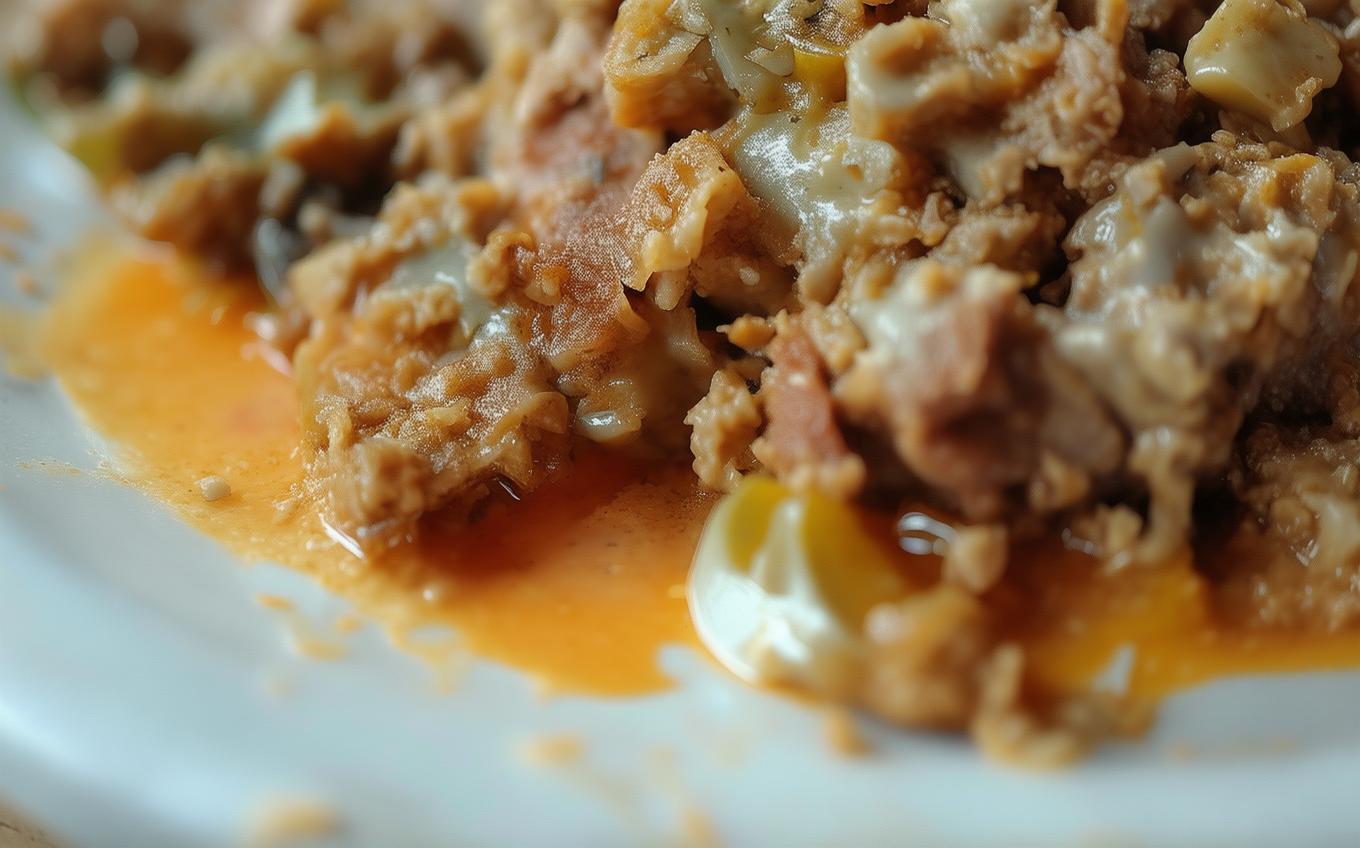Understanding "难吃" - Chinese Word Explanation
1. Basic Information
- Word: 难吃
- Pinyin: nán chī
- Literal Meaning: "difficult to eat"
- Primary Meaning: "tastes bad" or "unappetizing"
2. In-depth Explanation
Context and Usage
"难吃" is a straightforward and commonly used term in Chinese to describe food that tastes unpleasant or is poorly prepared. It can be used in casual conversations, complaints about meals, or when expressing disappointment with food. Unlike some milder terms (e.g., "不太好吃" – "not very tasty"), "难吃" is more direct and often carries a stronger negative tone.
Character Breakdown
- 难 (nán): Means "difficult" or "hard."
- 吃 (chī): Means "to eat."
Together, the phrase literally translates to "difficult to eat," implying the food is unenjoyable or hard to swallow due to poor flavor or quality.
3. Example Sentences
-
Chinese: 这家餐厅的菜太难吃了。
Pinyin: Zhè jiā cāntīng de cài tài nán chī le.
English: The food at this restaurant tastes terrible. -
Chinese: 我不喜欢这个味道,太难吃了。
Pinyin: Wǒ bù xǐhuān zhège wèidào, tài nán chī le.
English: I don’t like this flavor; it tastes awful. -
Chinese: 他做的饭有时候很难吃。
Pinyin: Tā zuò de fàn yǒu shíhou hěn nán chī.
English: The food he cooks is sometimes really bad.
Cultural Notes
In Chinese culture, food is highly valued, and sharing meals is an important social activity. While "难吃" is a blunt way to criticize food, it’s generally acceptable among close friends or family. However, in more formal or polite settings, people might soften their language (e.g., saying "味道一般" – "the taste is just okay") to avoid offending the cook or host.
Conclusion
"难吃" (nán chī) is a useful word to express dislike for food in Chinese. Remember that it’s direct and somewhat strong, so use it appropriately depending on the situation. Pair it with "太" (tài – "too") or "很" (hěn – "very") to emphasize how bad the food is. Happy learning, and hopefully, you won’t have to use this word too often!




Comments (0)
No comments yet. Be the first to comment!